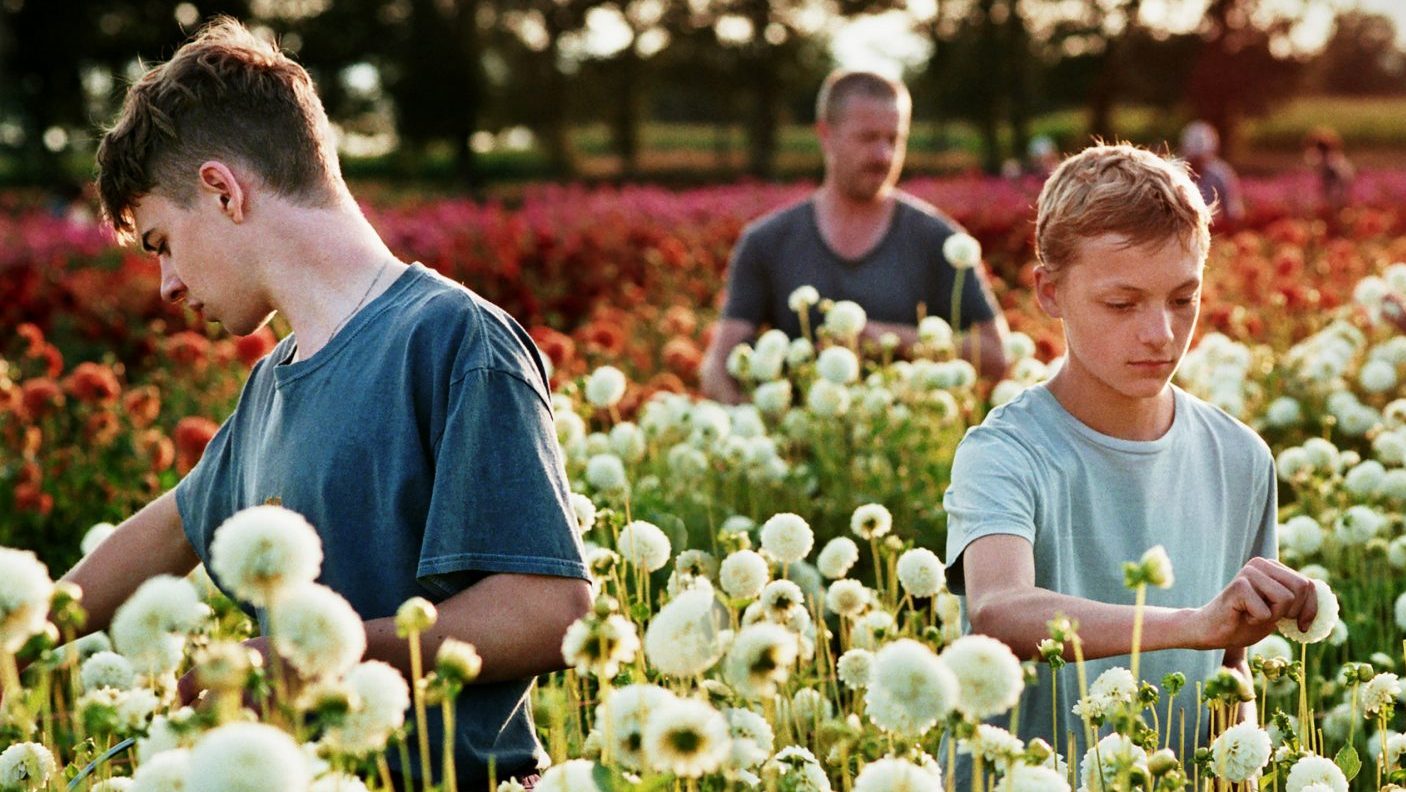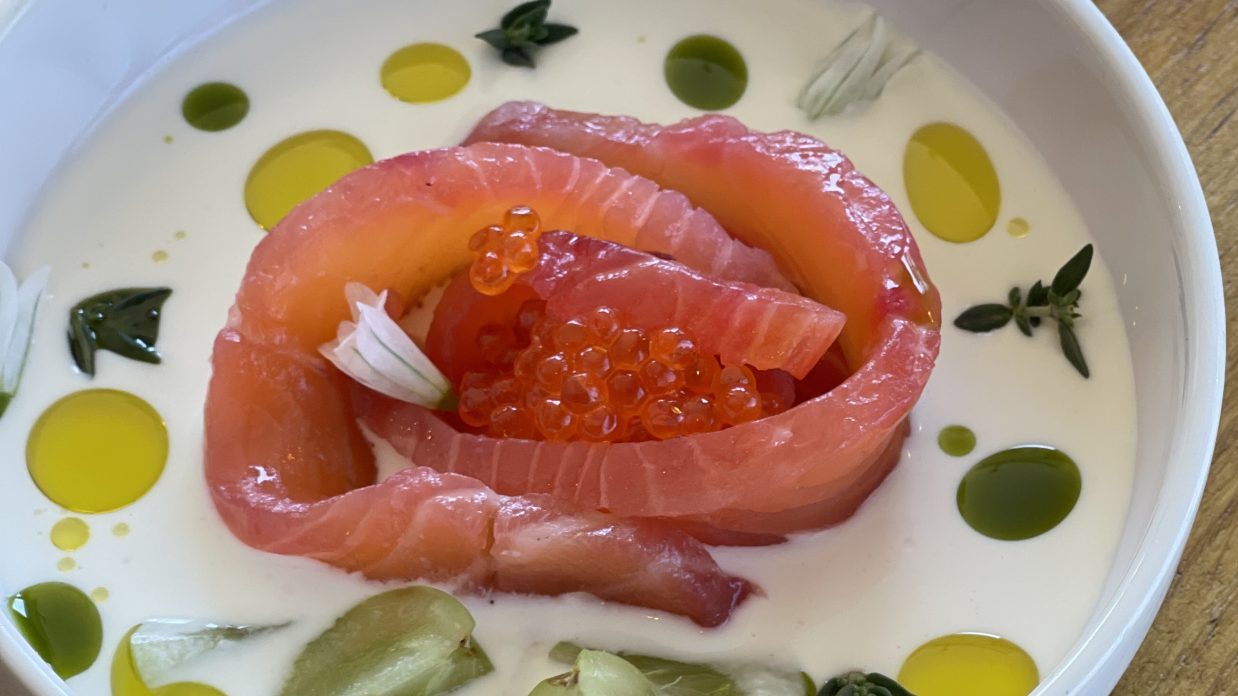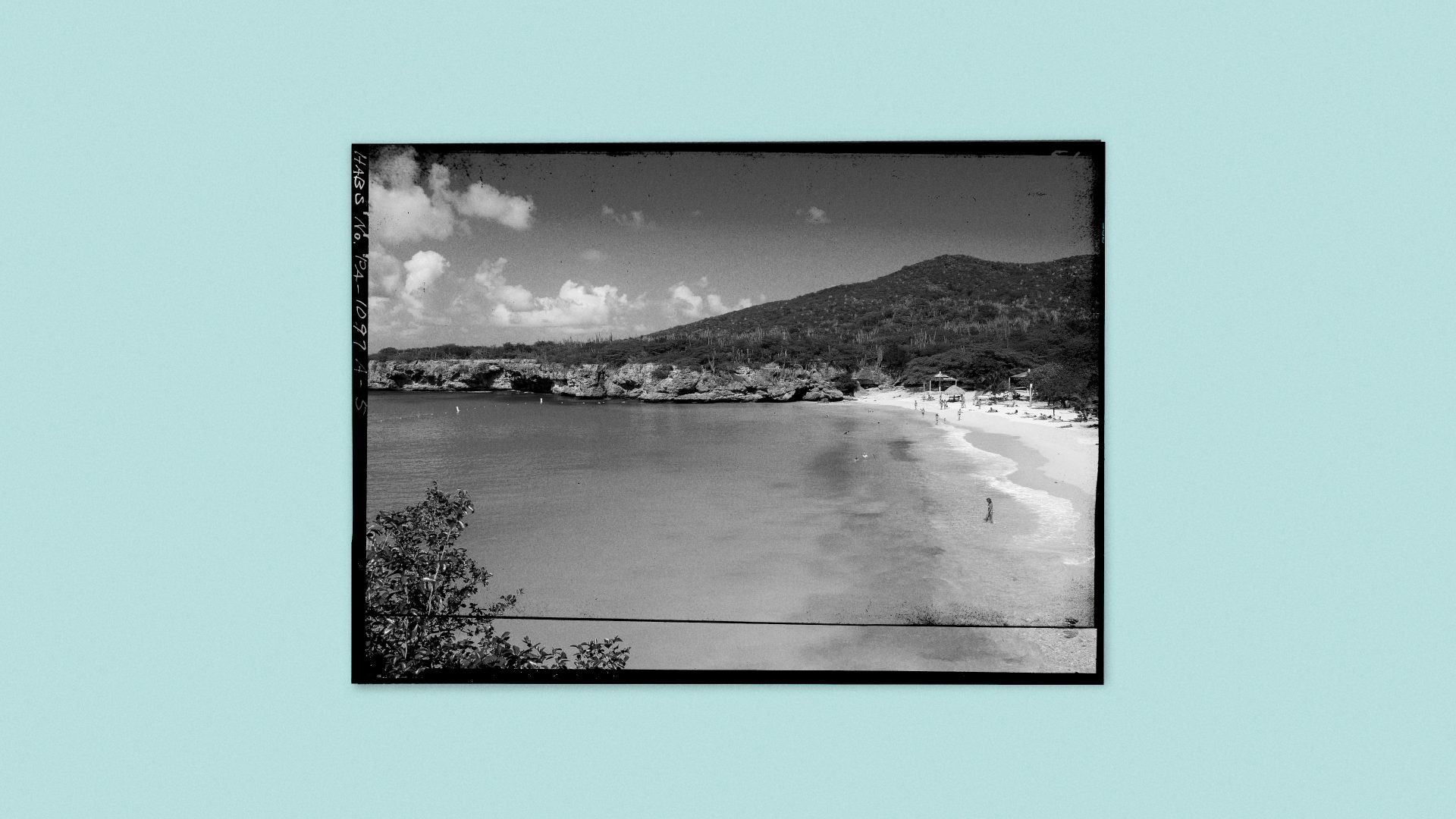Young European filmmakers come and go. Few that I’ve seen have arrived as fully formed, with such a swagger about their style, voice and impact as Belgian director Lukas Dhont.
He’s just reached his 30s but already has two impressive international art-house hits to his name. His debut, Girl, was about a teenage trans girl awaiting reassignment surgery while auditioning, gruellingly, to become a ballerina at a prestigious Antwerp school. The film won him the Caméra d’Or for best first film at Cannes in 2018, as well as the Queer Palm and a host of nominations, including a Golden Globe, narrowly missing out on an Oscar shout. His follow-up film, Close, is indeed getting him closer – he won a Grand Prix in the Competition at Cannes last May and, on March 12, he’ll be in Hollywood as a nominee in the International Film category on Oscar night.
Close is a gorgeous film, guaranteed to have viewers in tears – if you don’t cry at it, even just a little bit, I’m not sure we can be friends. It’s about friends, actually, two pre-adolescent boys, Léo and Rémi, who are best friends and spend long blissful summer days together, even sleeping in the same bed, almost as part of each other’s families.
When they start at the same high school together, their new classmates pick up on their closeness and begin to tease the boys about it. Léo begins to distance himself from Rémi. Tension and confusion builds, and crescendos into a real fight in the playground, a grand escalation from their tender play-fights of before.
That’s all I’ll say about the film, other than that I adored it and it must have come close to winning the Palme d’Or.
I wouldn’t put it past Dhont to continue gathering momentum and convert these near-misses into wins very soon.
“I am very moved by the support I get from Belgium,” he tells me on a visit to London. “Every little event, or nomination, or box-office success becomes like front-page news in Flanders at the moment, which for a small film team like ours is just amazing. A lot of people in Belgium went to the cinema to see this film and, you know, it’s not a mainstream movie but they have taken the story to their hearts and this is something I’m so very proud of. So, I’m super excited to represent Belgium at the Oscars.”
I wonder if, when a film takes on a life and gets swept up in nominations and global releases, it changes the filmmaker’s view of his own work as he takes it around the various festivals and screenings.
Dhont pauses. He’s a very fluent and engaging speaker, in any language, but this one needs a moment of reflection. “I don’t see a film any more, I have to be honest,” he says. “At the moment I seem to be connecting to it only by hearing the response of audiences.
“I meet quite a few of the audiences after the screenings, in all sort of cities and countries. And I can’t control those feelings, and sometimes, they’re very powerful, very affecting and personal to people. So, I don’t get goosebumps from the film itself, but from how it’s actually touching people, how it connects.”
Close has an ecstatic lightness about its early scenes. The two boys – around 13 years old – are played by Eden Dambrine (Léo) and Gustav de Waele (Rémi), and they’re fantastic together.
I was reminded of a hot summer day when a friend called Richard and I broke on to a nearby golf course and ran around, play-fighting in the woods and falling into a bunker. I don’t think I’d remembered that day until it came flooding back when watching Close.
“See, I get goosebumps when you tell me that,” says Dhont. “We’ve all had intimacy with other boys, rolling around in the grass but it’s rare that men or boys will talk about it. This isn’t about queerness, or sexualising, it’s about intimacy, tenderness between boys in friendship. I had that, you had that and I’ve felt that people have been moved by this depiction of intimacy, something that has obviously been erased by the culture, by stigma around that conversation.
“Men are afraid of calling it love, but I’m seeing that for so many men there was once a Garden of Eden where love doesn’t have a name but where there is room for a physical expression and freedom that we all desire to return to sometimes…”
He drifts off, as if genuinely amazed by the idea that a story that was clearly very personal to him (I don’t know how close to any true story it is, he’s not telling) can also be personal to so many others. “And those are just the people open enough to admit it,” he says. “There are probably thousands more who process it silently.”
As Close shows, silence can be dangerous. Who knows where secret emotions can take us, certainly at such a young age? I’ve got two sons, around the same age at these two, Léo and Rémi, and so maybe the film was particularly powerful when I think of them, their mates, and their own swirls of emotions. Am I talking to them about these enough? Probably not. Would they want me to? Oh Daaaad, probably not either.
“I don’t know about fatherhood,” says Lukas. “I’ve made these two films about being young, and I’m still young, still close to these characters and still fresh from remembering some of what it all felt like to be that young. And what I will say is that when we are young we got through things for the first time. That’s what’s important to remember. It’s the first time we’ve felt these things and that can be overwhelming, no?
“Girl and Close show a confrontation between one human being and a society that has set up these rules, codes about how to belong and we see how these codes are in conflict with an individual’s very personal sense of longing and connecting. If I can reflect on it, my characters represent the importance of staying truthful and how difficult that is.”
Dhont speaks English with a slight accent, but he’s a native Flemish speaker and bilingual in French. His films seem to me rooted in a social realist European tradition but have a fresh take on what that might mean on screen.
“I went to film school in Belgium so I’m very aware of and proud of the film culture I come from,” he says. “I would say that Chantal Akerman (whose film Jeanne Dielman was the surprise winner of Sight and Sound magazine’s recent Greatest Film poll) is a big influence, for the way she really deconstructed the invisible walls and assigned roles and gave spaces for people based on the body they were born in. She’s a mentor.”
But there is a neatly symmetrical piece of casting in Close that will fail to chime with European film fans, in that actress Émilie Dequenne plays Rémi’s mother, Sophie. Dequenne’s career began as a total unknown when, as a teenager, she won Best Actress at Cannes in 1999 for Rosetta by the Dardenne brothers, a Belgian filmmaking duo whose style of realism came to dominate European cinema, festivals and awards thereafter.
Does Lukas Dhont see himself in their tradition? I reckon casting Dequenne as a mother here suggests there’s a generational shift. “Yes, there is a rupture from that visual style, intentionally,” he concedes. “But the Dardennes’ use of choreography and being at eye level with the character as we follow them in their daily moments to reveal such truths, that’s always going to be an influence on me.
“But I think my generation is ready to embrace a more visual style, less gritty, something more expressionistic. We are happy to look for beauty in the creation of images and sensations even if we’re talking about something brutal or violent. It’s important to me to remind my audience that what they are watching is fiction, that it is cinema.”
I do wish Close luck in its nominations, although the Oscar favourite is multi-BAFTA winner All Quiet on the Western Front. But Argentina 1985 is growing in reputation in Spanish-speaking Los Angeles, while Polish donkey movie EO and Ireland’s The Quiet Girl, both of which I have written about here, have their advocates, too.
“It’s very close to call,” admits Lukas. “That’s become part of the title meaning now, I guess. But it was originally about the two boys of course, clinging to each other. And we are not used to witnessing that closeness, so something banal and honest is turned into something challenging and shameful.
“But I instinctively used the English language word for my title because even in Flemish we all know what it means in terms of ‘close friendship’ and describing a relationship. It’s a word we have adopted. And it was helpful to me to use a word that wouldn’t offend Flemish or French speakers.
“But I think,” and he pauses again – a rare halt in such a fluent and confident speaker. “Actually I know, because I see it all the time, that cinema can bring people closer. That was something I didn’t consider at first with this word. But people watch my film in a room, together, and there’s a collective catharsis. I feel it in every screening. After the experience watching a film together, we are all close.”
Close is in UK cinemas from March 3 and will stream exclusively on MUBI from April 21
THE TNE FILM CLUB
24. THE KID WITH A BIKE (LE GAIN AU VELO), directed by Jean-Pierre and Luc Dardenne, 2011)
One of the most emotionally accessible, almost upbeat, films in the work of Belgian neo-realists the Dardenne brothers, it tells the story of 12-year-old Cyril, from a children’s home, and his affection for kindly hairdresser Samantha played, unusually for these filmmakers, by a star, Belgian-born Cécile de France.
Cyril (Thomas Doret) is abandoned by his father (Dardenne regular Jérémie Renier) but, after a bout of violence, finds comfort with Samantha, enjoying weekend bike rides with her and a sense of safety and home – until he falls in with a local gang boss called Wesker. Despite Samantha’s increasingly desperate attempts to keep Cyril out of trouble, the kid seems destined to repeat the cycle of abandonment and violence.
Told with a lightness of touch and – unusual, again – a musical score, The Kid with a Bike has elements of fairy tale amid its social conscience, and boasts a beautiful performance from de France.




